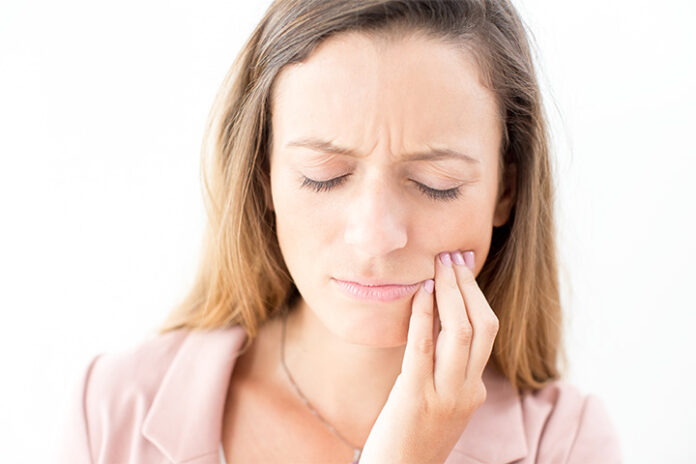Last Updated on March 27, 2021
What do cavities do to your teeth? Trust me, you don’t want to know, or wait….maybe you should! This way, you can at least do something about it and treat it before it’s too late. Did you know that not treating a tooth cavity can damage your teeth, cause serious infection, and even lead to dental complications that can be too difficult to treat? Still not bothered? Well, how about losing your teeth and smiling with a toothless grin? Of course, you don’t want that? Do you? It’s true that tooth cavities are very common dental problems that can be easily filled and fixed by your dentist as soon as it’s discovered. But neglecting it can lead to serious problems. Want to find out more about what do cavities do to your teeth when not treated? Jump in!1. What Is A Tooth Cavity?
A cavity is defined as a little hole that develops in your tooth. How is it formed? A cavity is formed when the bad bacteria in your mouth are exposed to acid, which mostly comes from acidic or sugary foods. What do cavities do to your teeth? When not treated, cavities demineralize your teeth’ enamel, making them weaker and, therefore, more prone to decay and damage.2. What are some of the early signs of a cavity?
According to research,92% of people between 20 and 64 have cavities, and shockingly, 26% of them leave the cavities untreated.That’s not everything, as the research also shows that people with dry mouth are more prone to develop this dental issue. And to prevent the issue from getting too difficult to treat, here are some cavity symptoms never to ignore:- Bad breath
- Pain
- Inflammation of the gum around the tooth
- White or brown stains on the tooth
- A visible hole in your tooth






















